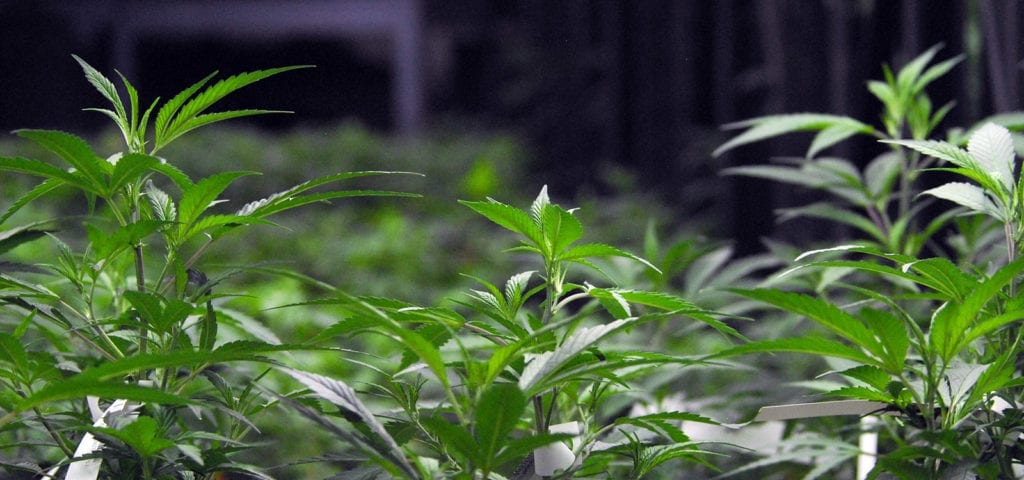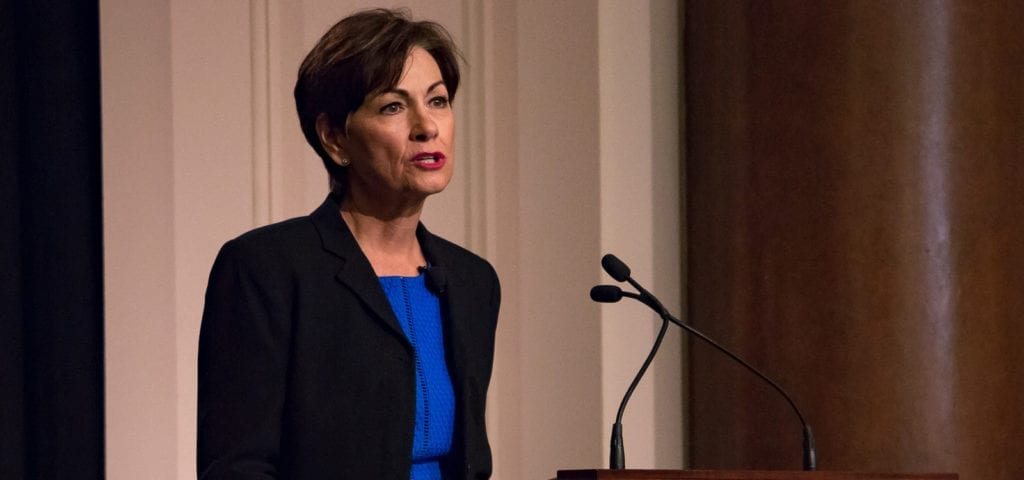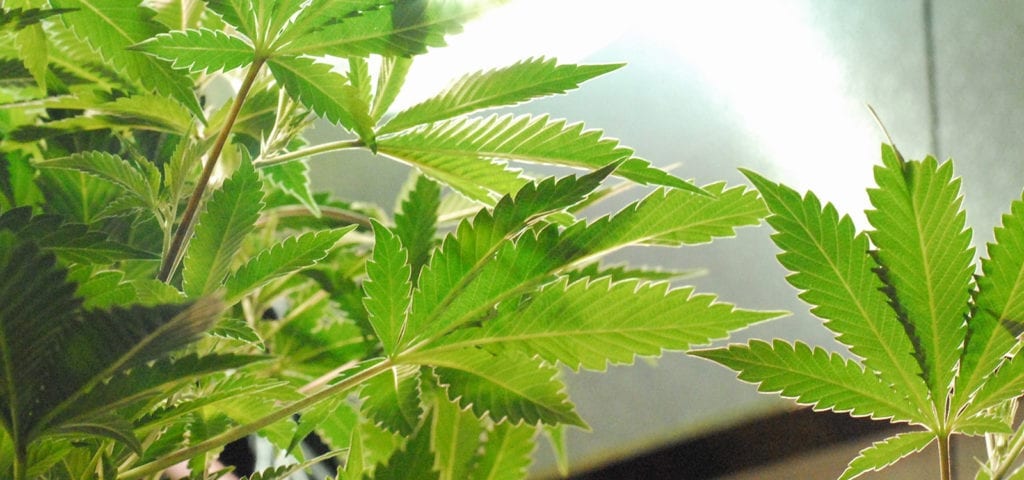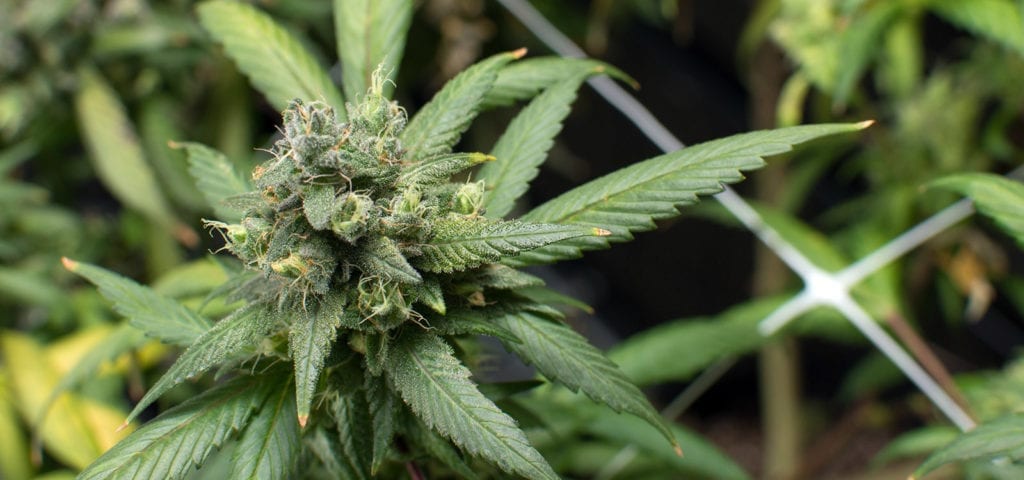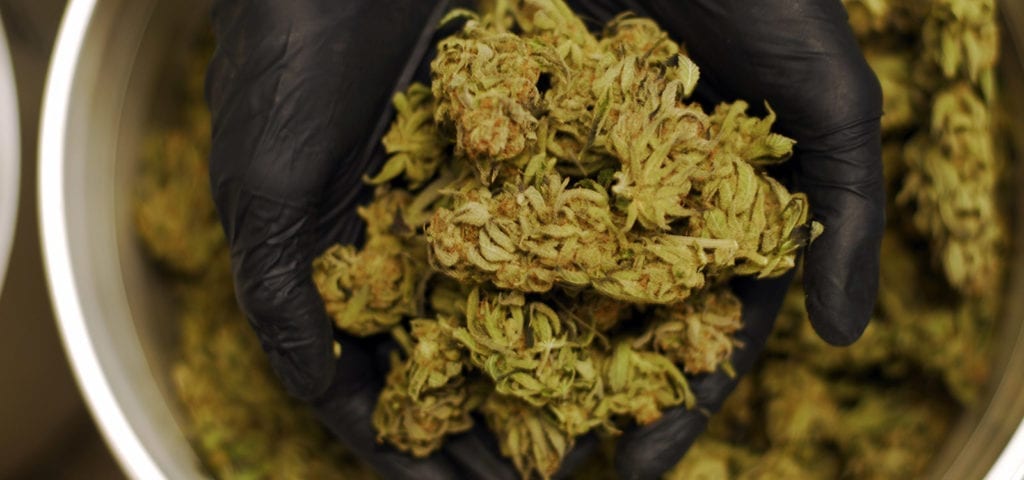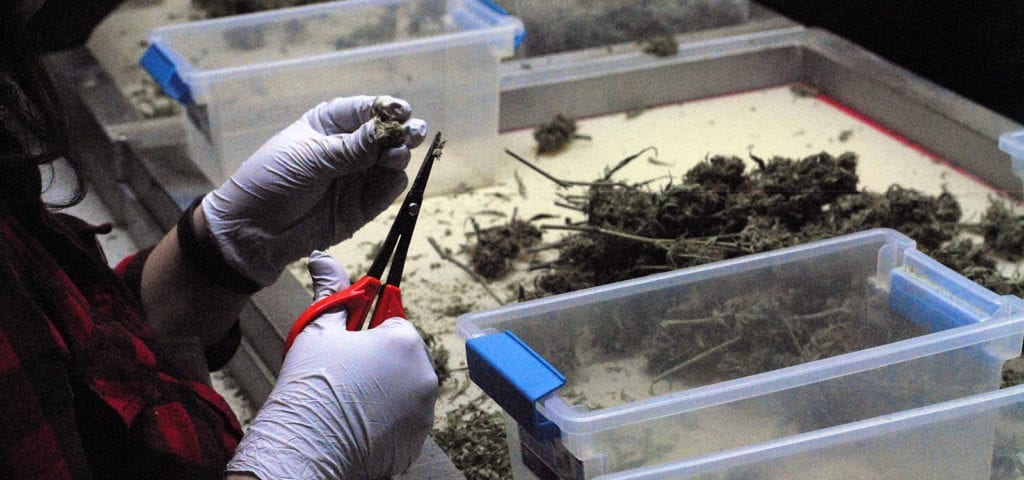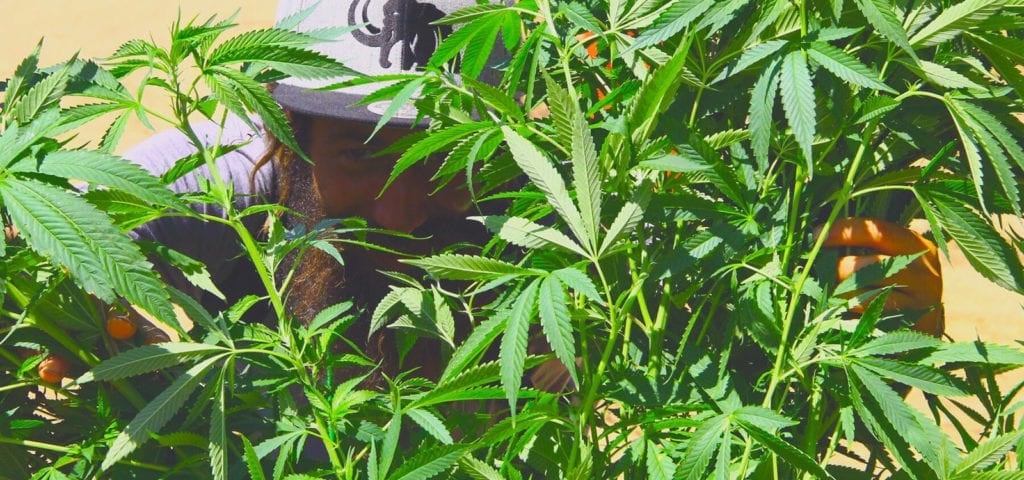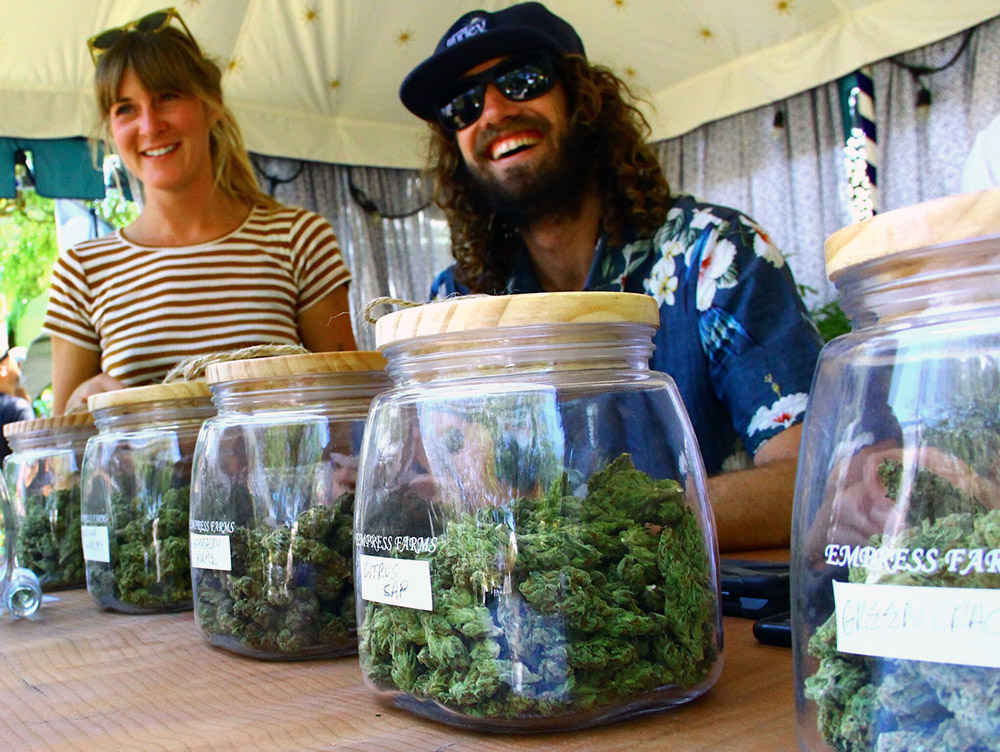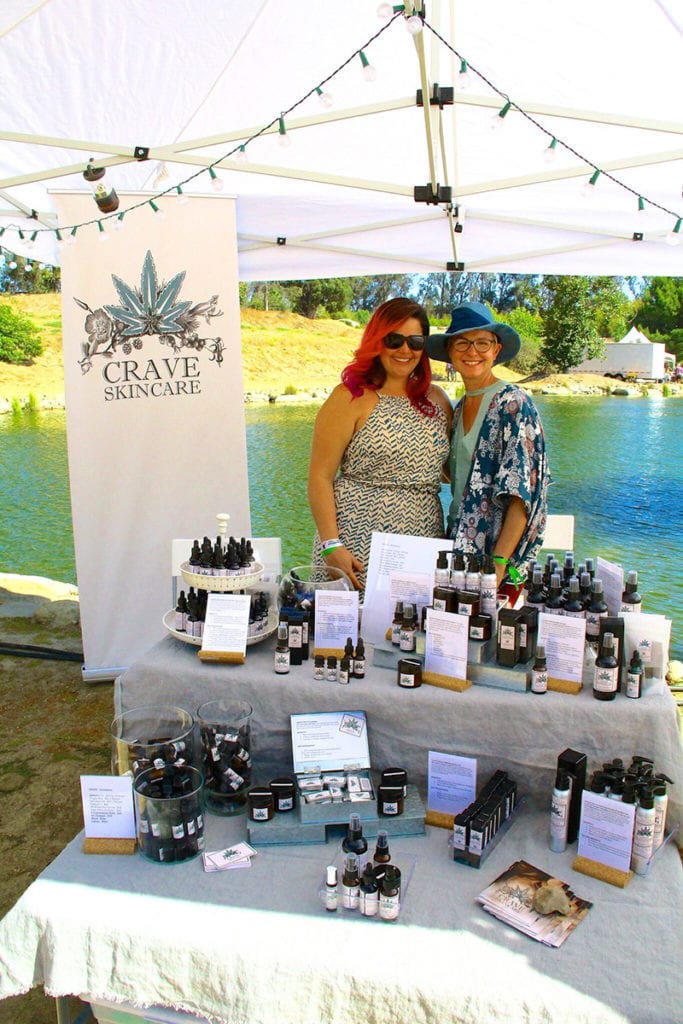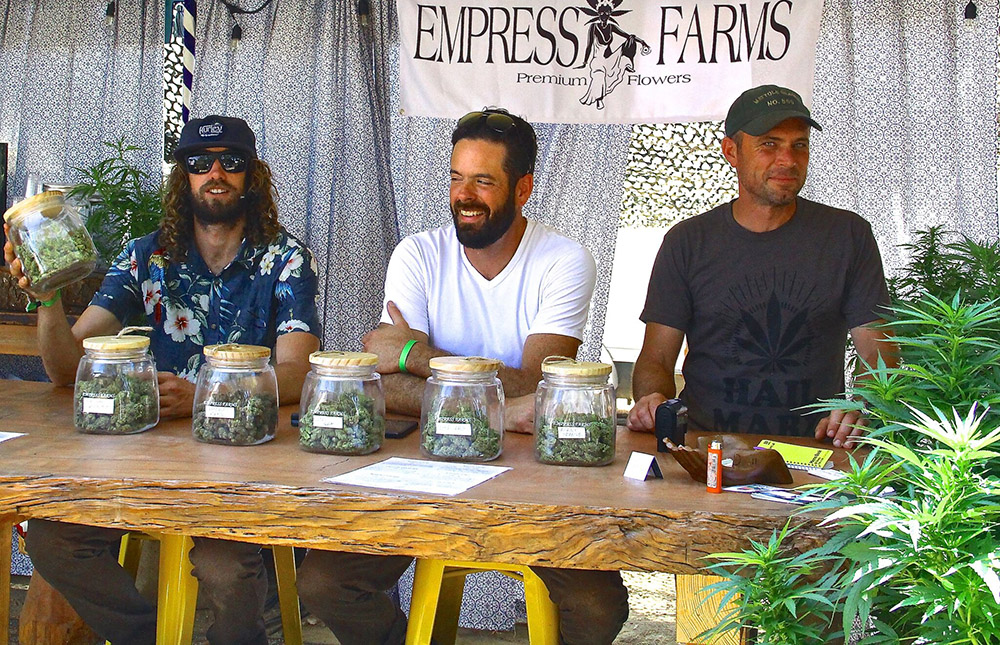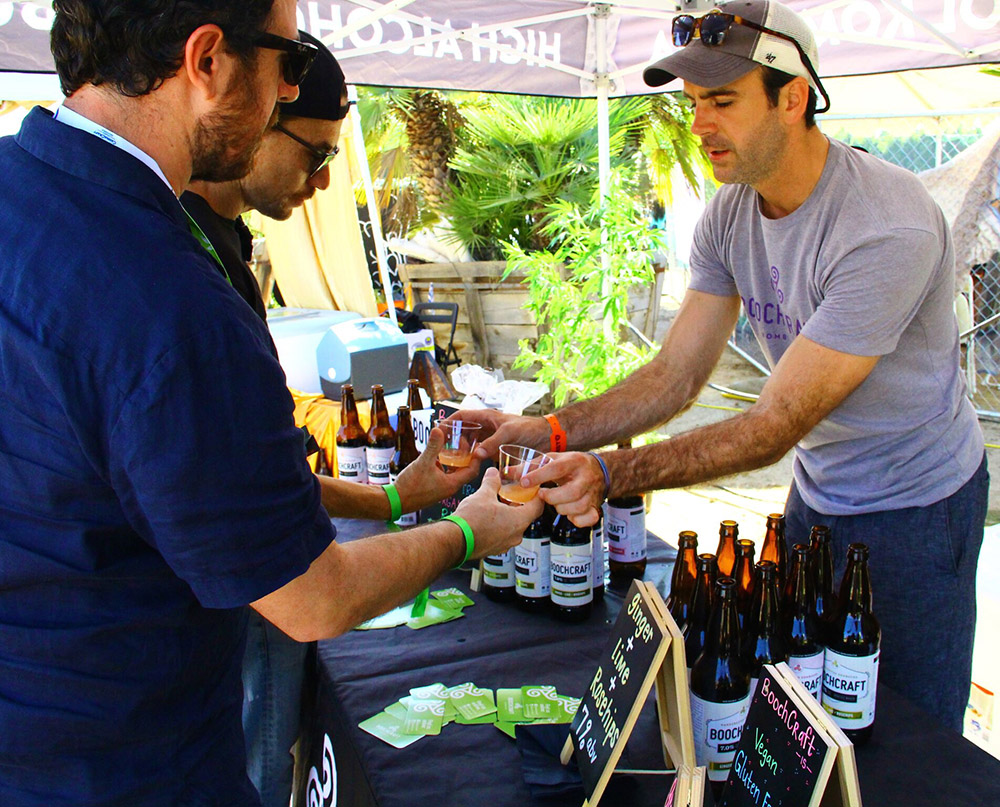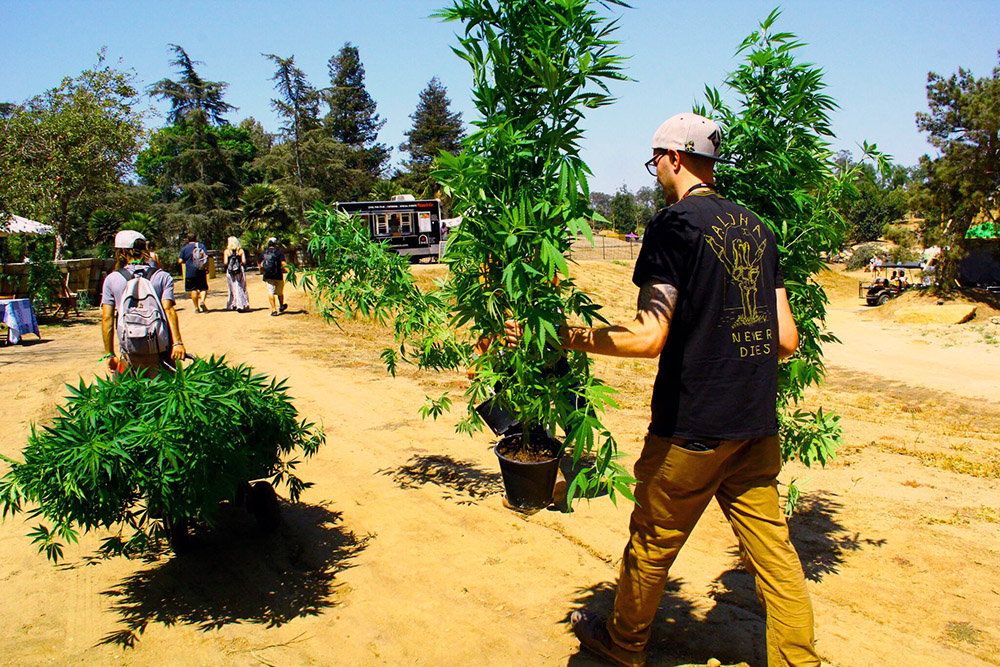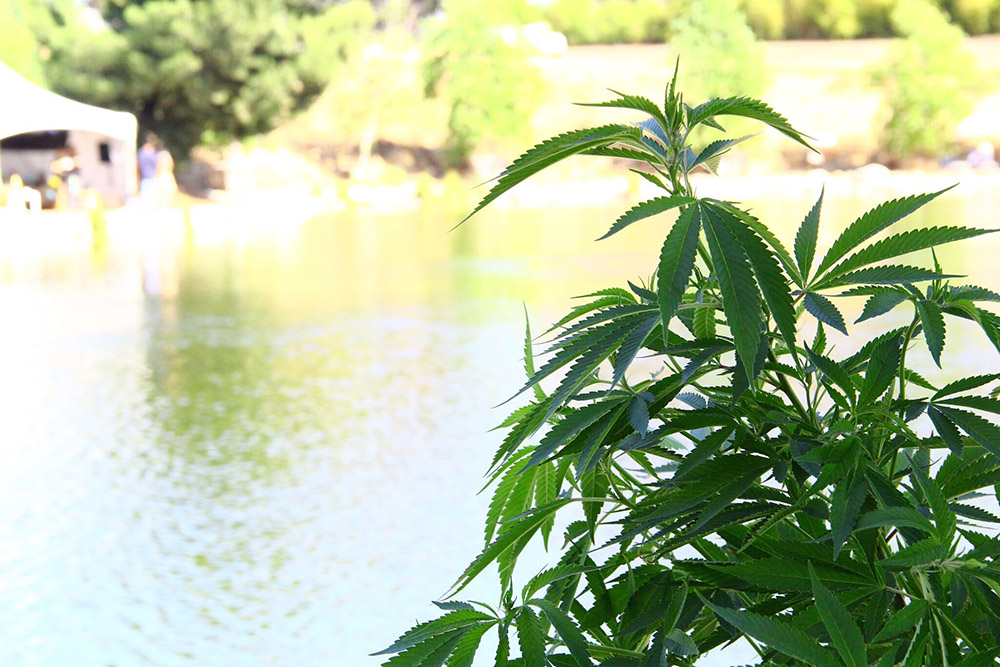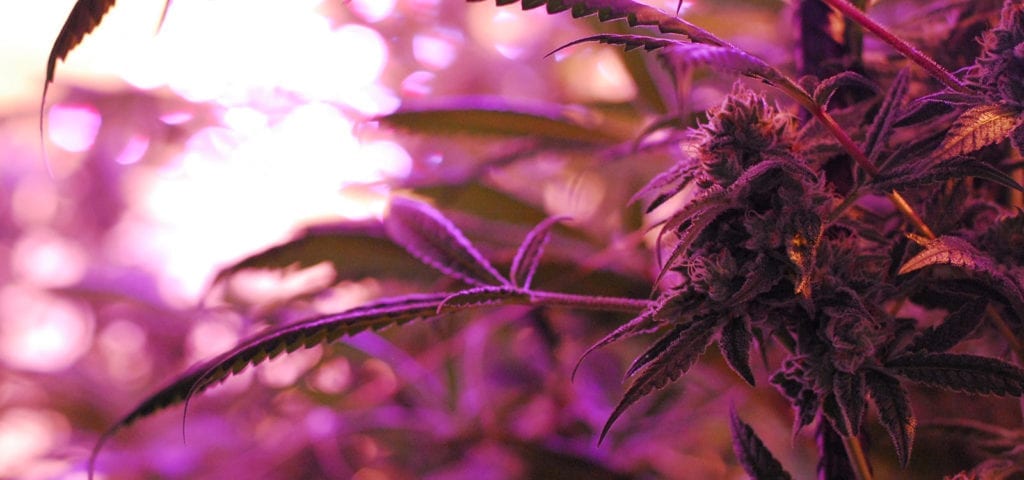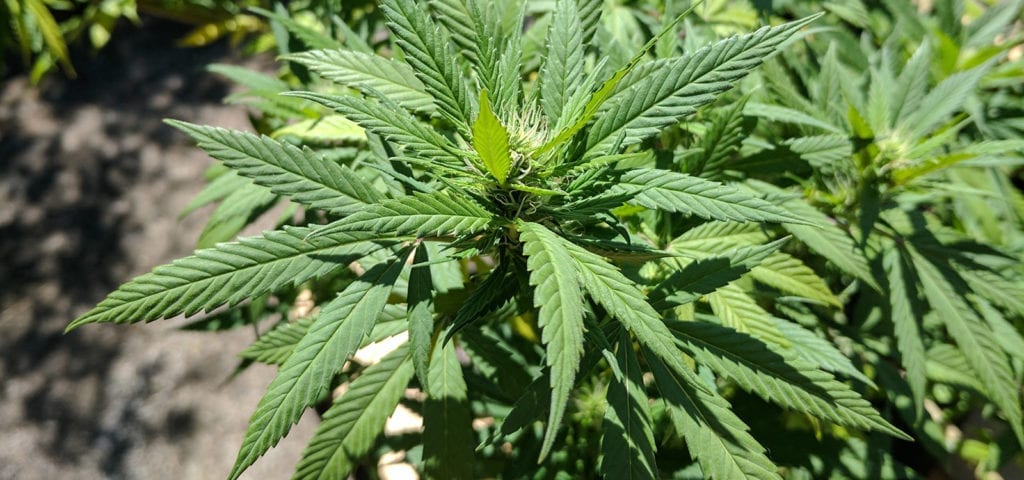In less than two weeks advocates will bear down on the nation’s capital in an effort to lobby federal lawmakers on cannabis policy, as the National Organization for the Reform of Marijuana Laws hosts their annual lobby day and Hoosier Veterans for Medical Cannabis head to the District for a forum focused on veteran access issues.
The push will be the first organized action by the advocacy groups in Washington, D.C. since the election of President Donald Trump, whose administration is loaded with anti-cannabis zealots, most notably Attorney General Jeff Sessions, who heads the Department of Justice.
Budget amendment protections & veteran access
Justin Strekal, political director for NORML, said the three-day event — from Sept. 10-12 — will be laser-focused on the appropriations process and the various cannabis-related budget amendments being offered by the group’s allies in Congress.
Budget amendments represent one of the only real protections for the cannabis industry by federal policymakers. It’s an amendment to the 2014 federal Farm Bill that allows states to create hemp cultivation pilot programs; an amendment tucked into the omnibus spending bill – the so-called Rohrabacher-Farr amendment – prevents the Department of Justice from using federal funds to interfere with state-approved medical cannabis programs. That amendment, now known as the Rohrabacher-Blumenauer amendment, was approved last month by the Senate Appropriations Committee but still needs approval from the Republican-controlled House. California Rep. Dana Rohrabacher has championed the amendment since its first inclusion in the federal budget in 2014; Oregon Rep. Earl Blumenauer has replaced California Rep. Sam Farr as the co-sponsor on the measure, following Farr’s retirement in 2016.
This year, for the first time, lawmakers will decide whether to allow military veterans access to medical cannabis if they reside in a legal state via the Veterans Equal Access Amendment, which is tacked onto the 2018 Military Construction, Veterans Affairs and Related Agencies Appropriations bill. That measure was approved by the Senate Appropriations Committee 24-7 last month, but faces the same challenges Rohrabacher-Blumenauer does in the House.
Sights set on descheduling
Strekal said the organization also has their sights set on two “static” proposals that would effectively legalize cannabis federally – H.R. 1227, the Ending Federal Marijuana Prohibition Act of 2017 is sponsored by Virginia Republican Representatives Thomas Garrett and Scott Taylor, along with Hawaii Democrat Rep. Tulsi Gabbard. The legislation would remove cannabis from the federal Controlled Substances Act and allow states to decide their own cannabis policies, whether it be legalization or prohibition. The organization is also lobbying lawmakers to co-sponsor or otherwise support S.1689, the Marijuana Justice Act introduced by New Jersey Democratic Sen. Corey Booker, which would not only deschedule cannabis but also expunge all federal cannabis possession or use offenses from criminal records.
“This (expungement) is something Congress has never addressed before,” Strekal explained. “We think it’s incredibly vital to the conversation.”
The Ending Marijuana Prohibition Act, introduced last March, carries 15 bi-partisan co-sponsors from both legal and non-legal states, and is currently delegated to the House Subcommittee on Crime, Terrorism, Homeland Security, and Investigations; while Booker’s name is presently the only one attached to the Marijuana Justice Act, which was only introduced on Aug. 1 and sent to the Senate Judiciary Committee.
Conference lineup
The advocacy group will also be holding its annual conference, during which they will honor chapter leaders who have led successful cannabis reform campaigns on a local level. Strekal indicated that one of the panels convening during the conference, titled “We Legalized, Now What?” will examine how to remove the “stigma of the consumer and alleviate the tensions that people face” in cannabis-legal states — including workplace drug-testing and discrimination — and introduce rules for the social use of cannabis.
Another panel called “Legalization is an Economic Stimulus for All” will focus on “ways to cultivate an industry that is not going to box-out those who have felt the deepest effects of prohibition,” Strekal said, noting that some cannabis regulatory structures actually bar individuals with cannabis-related charges from participating in the industry, while others have included so-called equity provisions that would provide a portion of licenses to individuals from communities targeted by the War on Drugs.
For their Sept. 13 forum on veteran medical cannabis issues, the Indiana-based Hoosier Veterans for Medical Cannabis will be joined by other national veteran-advocacy organizations including Veterans Cannabis Group, Veterans for Medical Cannabis Access, Operation EVAC, and the North Carolina Cannabis Patients Network.
Jeff Staker, the lead organizer of the event and founder of Hoosier Veterans for Medical Cannabis, indicated that their forum is not only a pro-medical cannabis event — it’s also anti-opioid.
Veterans Administration doctors are prohibited from recommending medical cannabis – even in legal states – leaving veterans suffering from severe chronic pain few non-opioid pain management options.
“Within the U.S. one person every 20 minutes dies of either an accidental and or intentional overdose to prescription pain medication, Staker said in a statement. “Doing the math, that’s three every hour, 72 a day and so forth. It has been reported that our Veterans are overdosing at twice the rate of civilians … in other words two of the three causalities within the above hour time frame are veterans.”
Both organizations recommend that individuals unable to participate in the Washington, D.C. action contact their federal legislators and urge them to support cannabis-related amendments as the budget process moves forward.
